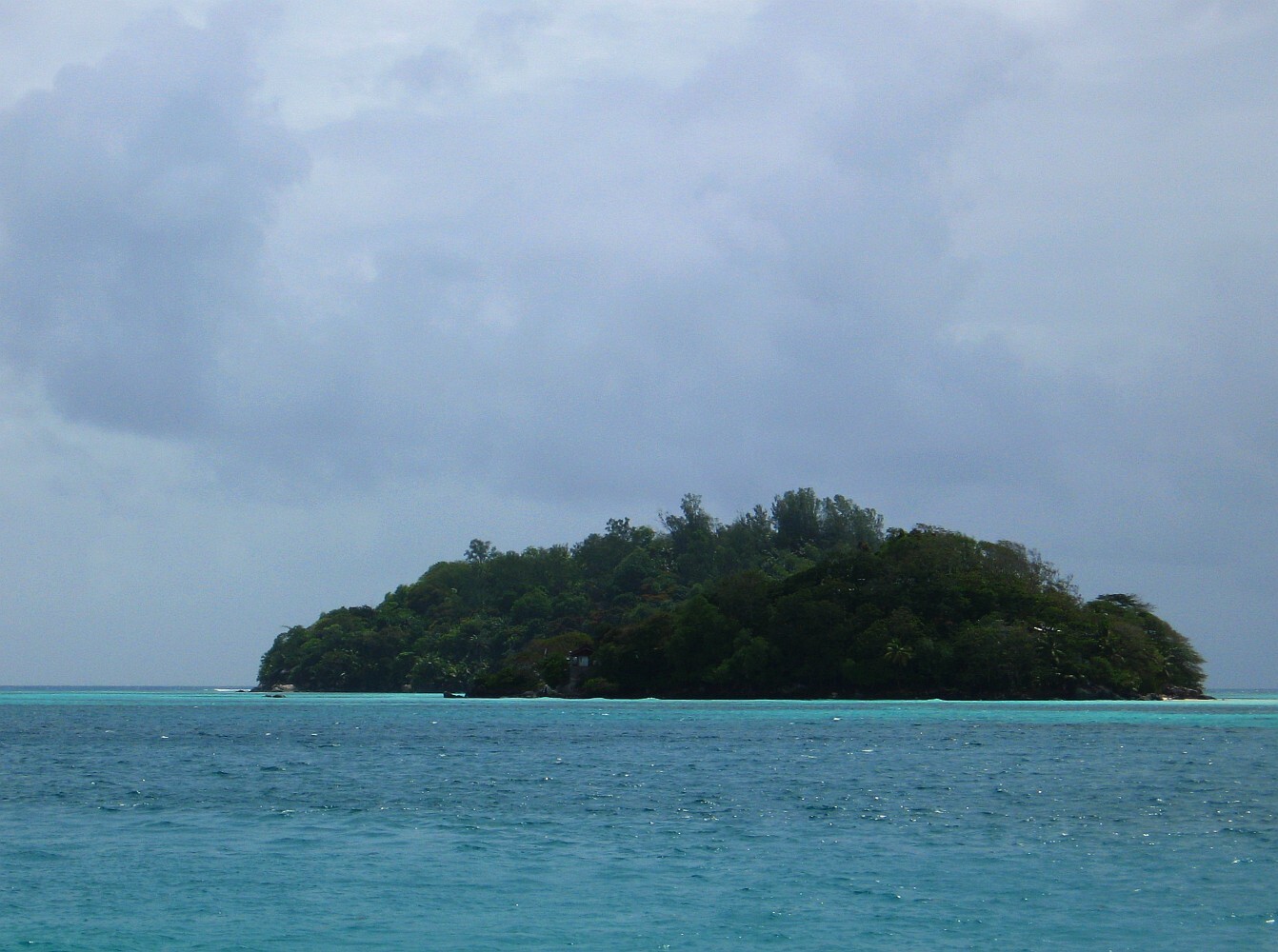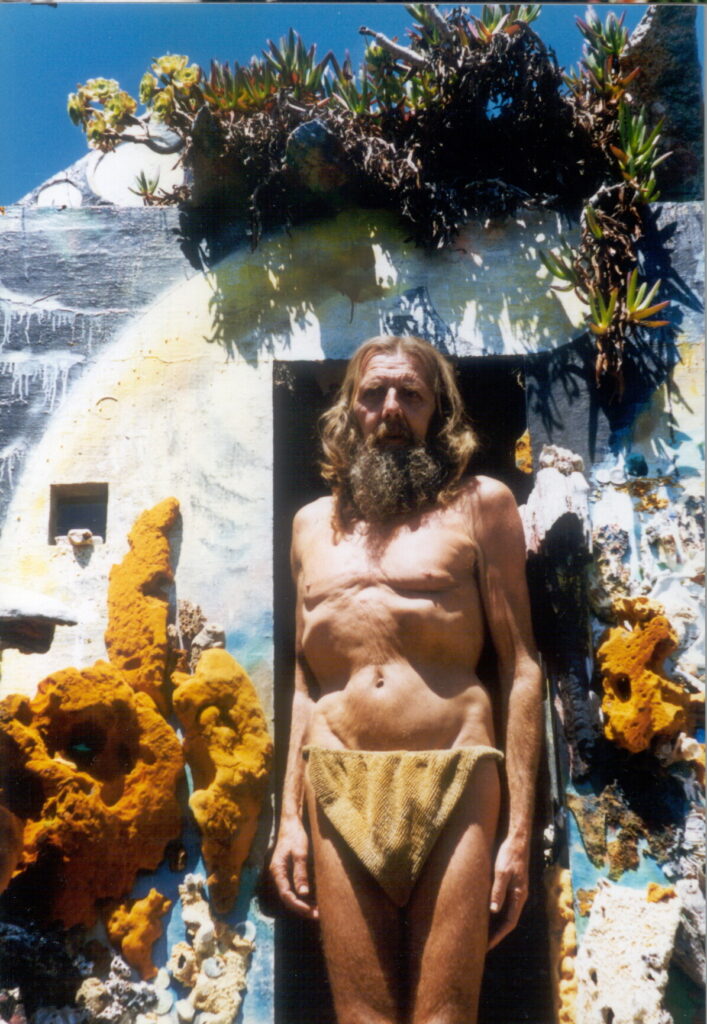For absolutely no reason at all, people might be looking at passports and escape options with varying levels of seriousness right now. There’s definitely not an air of camaraderie and community permeating the air at the moment, so a secluded log cabin seems plenty inviting.
I definitely feel myself getting a little jealous of the various cozy backgrounds pictured on the Calming Music streams I’ve had playing on YouTube. In reality, easy access to Thai food is probably too important to me for a genuine attempt to burn my identity and retire to a wooded glen, but there are some real people who decided to exit society altogether.
Rachel Denton
What do you think finally does convince someone that they really do only want to see as few people as possible? One good sign is if you’ve already joined a monastery as a nun and are finding it far too social of a life. Rachel Denton had this realization, and in 2002, she moved into an isolated house in the Lincolnshire countryside, where she’s lived ever since. Her days are filled with prayer, meditation and only a few human interactions per year.
Manfred Gnadinger
Unlike Denton, Manfred Gnadinger, later known simply as “Man,” wasn’t a lifelong hermit. By all accounts, a perfectly normal and sociable young man named Manfred arrived in Camelle, France. However, all it took was possibly the spurning of an unrequited love to send Man packing, or rather, unpacking. Hey, it’s better than joining an MRA subreddit, I guess.
Man took to living in a 70-square-foot hut, making art, growing his own food for a fully vegetarian diet and talking to pretty much absolutely no one. Unfortunately, the beach he lived on was destroyed by an oil spill, and as if from the second broken heart of his lifetime, he was found dead inside a month later.
Willard Kitchener MacDonald
Willard Kitchener MacDonald’s entry into the hermit life wasn’t after a period of long reflection, but instead thanks to a spur-of-the-moment, very utilitarian decision. He was on a train to join the army to fight in World War II, and he decided he really didn’t want to do that. So, he hopped off the train and began what was going to be a very solitary life — by necessity at first, given that he was considered a deserter, something both morally and legally frowned upon.
He set up at Gully Lake in Nova Scotia, Canada, and it seems that even once it was safe to re-emerge, he simply decided he’d rather not. He’d live in a series of small shacks, surviving by fishing and hunting, and being by all accounts pretty pleased with his decision until his death.
Christopher Thomas Knight
Christopher Thomas Knight is both one of the most recent and maybe the most truly isolated hermits on this entire list. Like MacDonald, the decision seemingly came suddenly, but Knight wasn’t running away from anything in particular. He was carrying on, living like the rest of us, before determining that he’d had enough. He walked into the woods in Maine in 1987 and never walked out.
This wasn’t a hermit that was getting food or book deliveries, but one that was so completely averse to contact that he achieved status as practically a cryptid, known as the North Pond hermit. His existence was proved with his arrest in 2013 while stealing food from local campgrounds and houses, which was how he’d been subsisting for almost a quarter of a century. When they found him and asked how long he’d been out there, he asked how long ago Chernobyl had happened.
Brendan Grimshaw

The idea of a deserted island is usually floated as a negative. Brendan Grimshaw would disagree. He purchased an abandoned island for 8,000 pounds in 1960, sailed over and never sailed back. He spent 40 years living on the island and beautifying it, eventually being offered money for the island he’d rejuvenating and turning it down because he didn’t want it to become a tourist destination for the rich.
His desire was instead for it to be eventually declared a national park, something that was ultimately achieved posthumously. Grimshaw died in 2007 at the age of 87, and a year later, his island became a national park in Seychelles.

